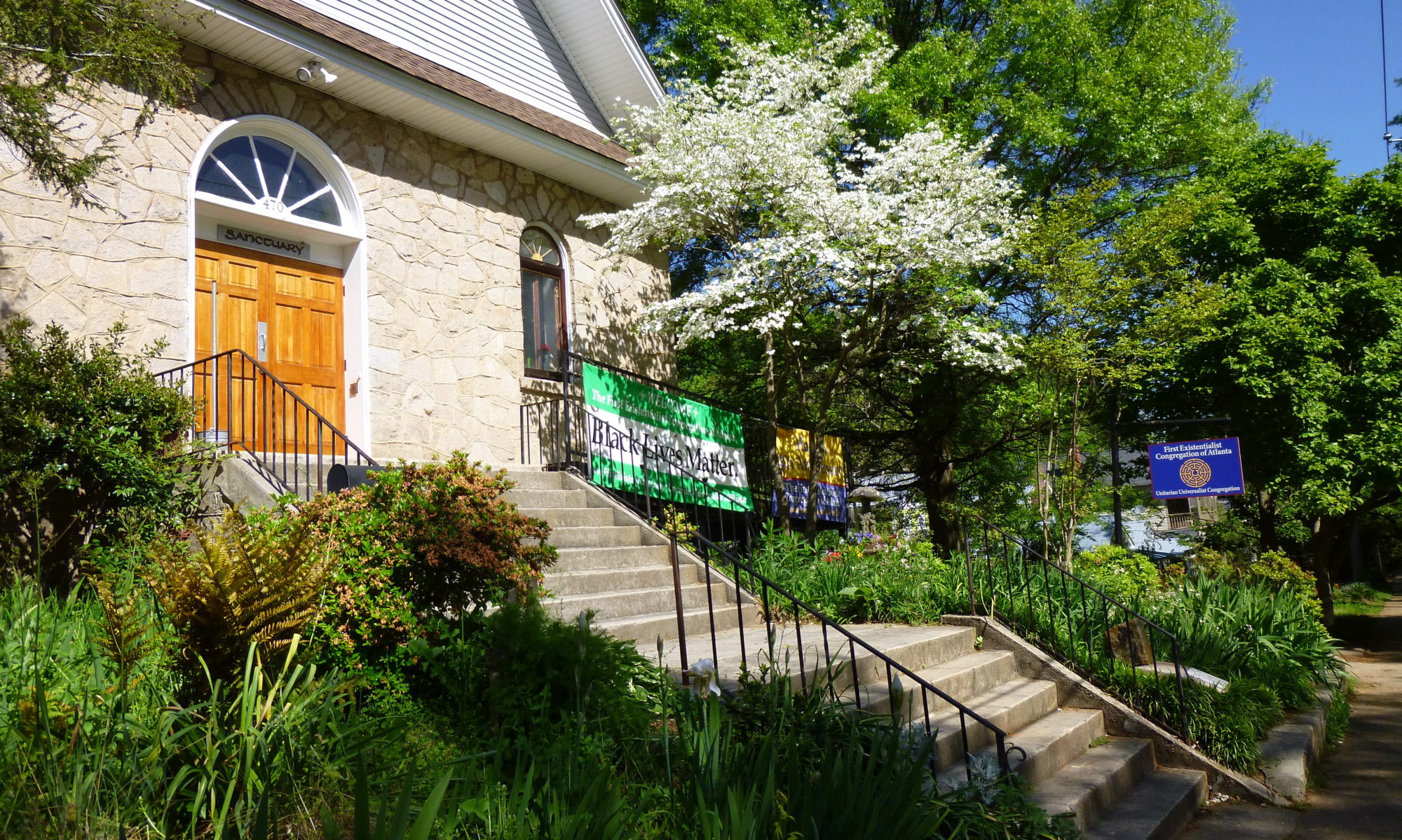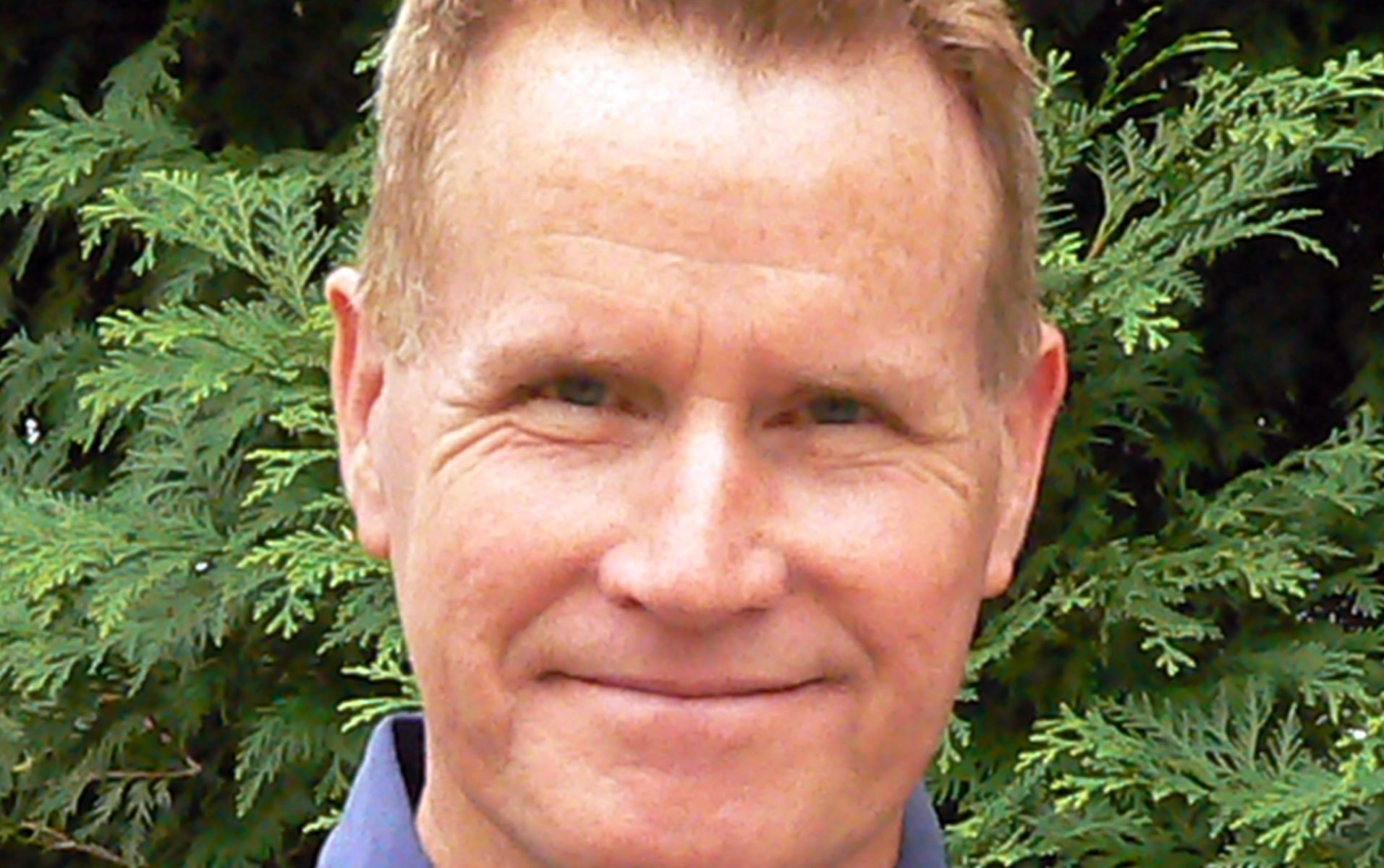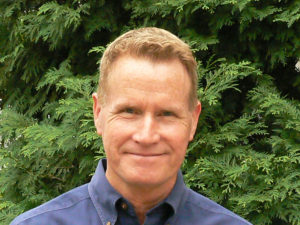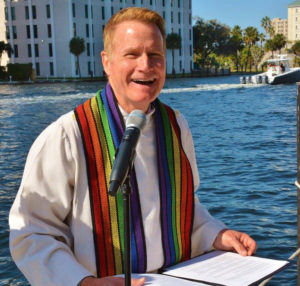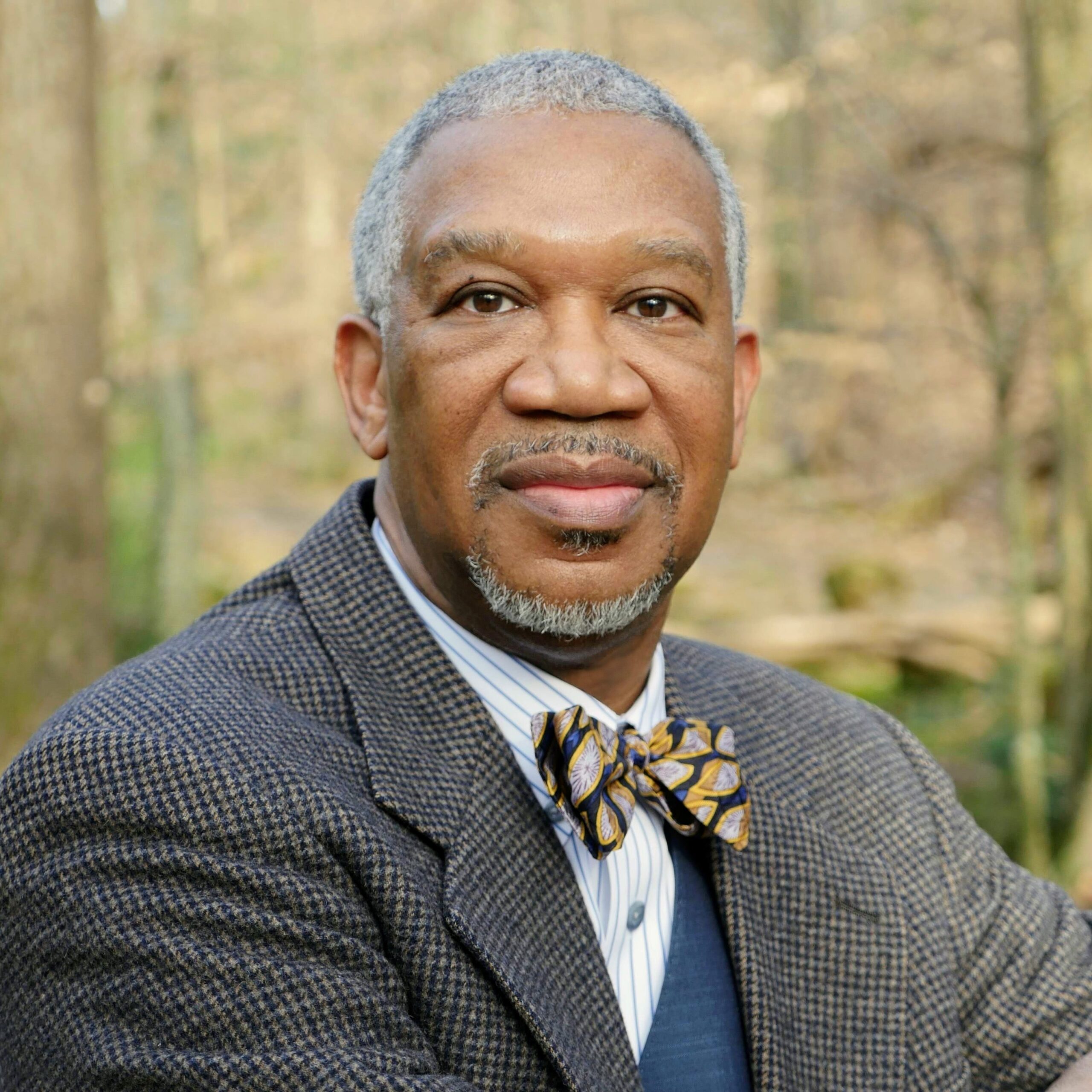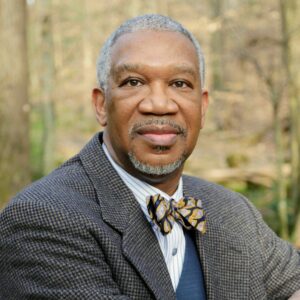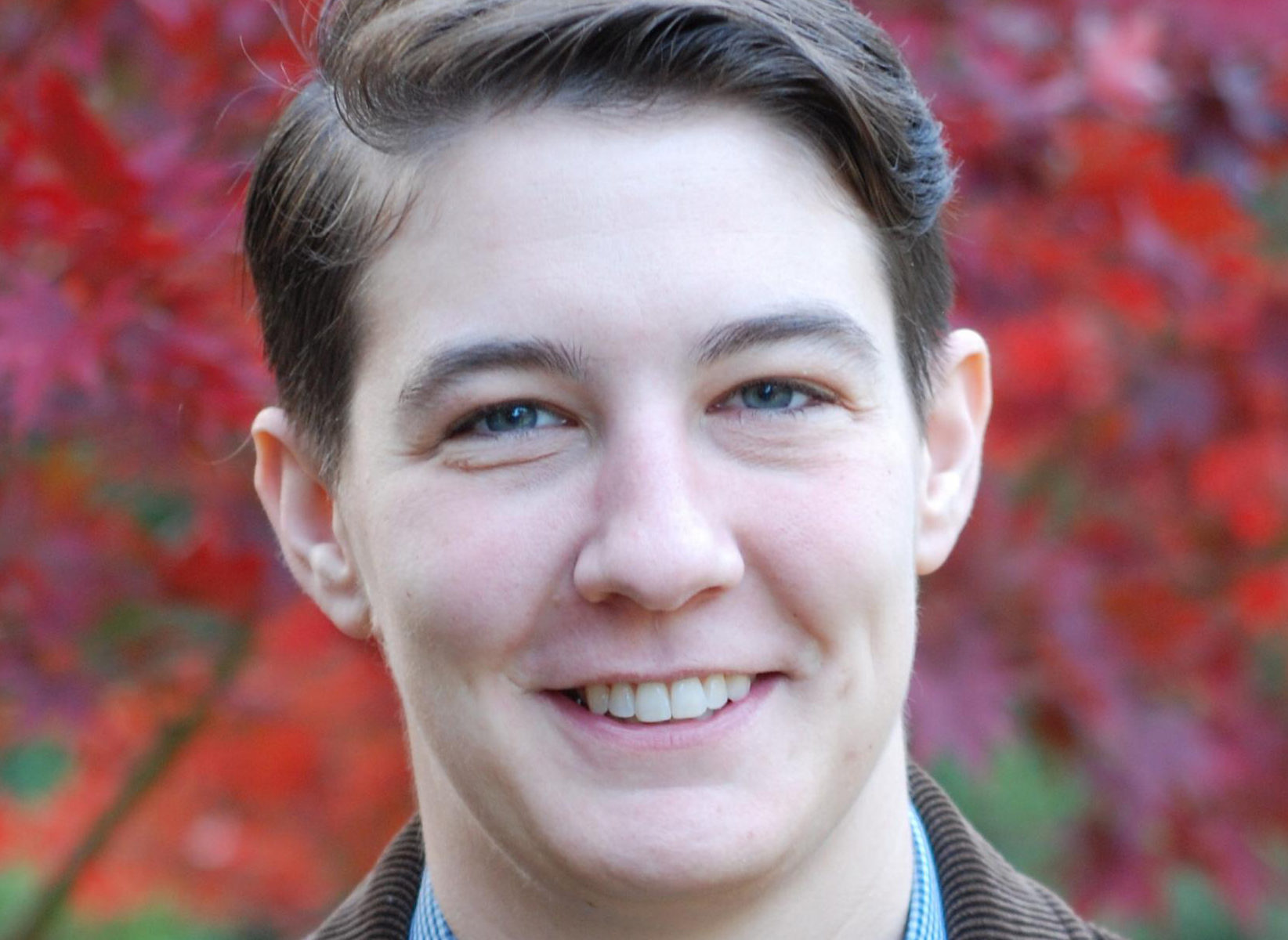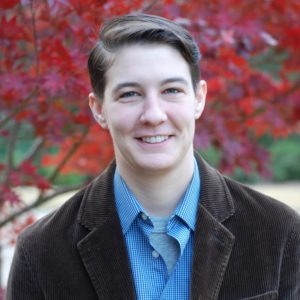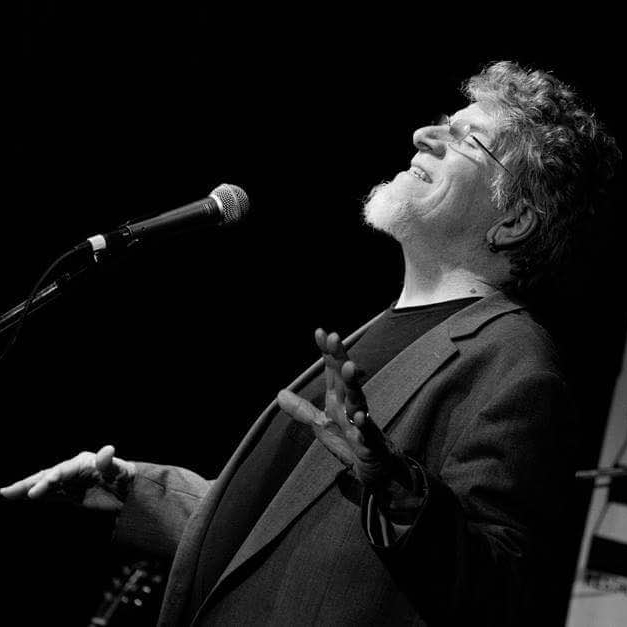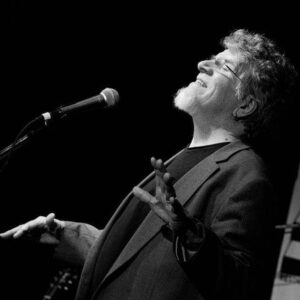“Human Liberation Means Knowing the Roots of Racism”
To understand current events, we need to understand how divisive laws changed the situation of African Americans in the early colonial period.
Originally from Harlem, New York, Art Jones has traveled and worked in academia in several Middle and Far Eastern countries for many years. He has lived in Atlanta for the past 10 years.
He is an indie filmmaker whose documentary, Ali’s Comeback, has been screened locally and internationally, and has received much acclaim from viewers such as Andrew Young; Michael Julian Bond; Sam Massell; and Ali’s second wife, Kahlilah Ali.
The documentary explores the rich history surrounding Muhammad Ali’s comeback boxing match in Atlanta in 1970 after Ali was banned from boxing for three years because of his conscientious objection to the Vietnam War.
Currently, Art is working on another historical documentary, Constructing Whiteness, which examines the relative freedom African-Americans experienced before American colonies began to enact racist legislation that restricted their liberty and led to slavery and racial division. He observes, absorbs, and records insights about the world. His presentation today is a reflection of his most recent observations.
- Facilitator: D. Patton White
- Musician: William Chelton

